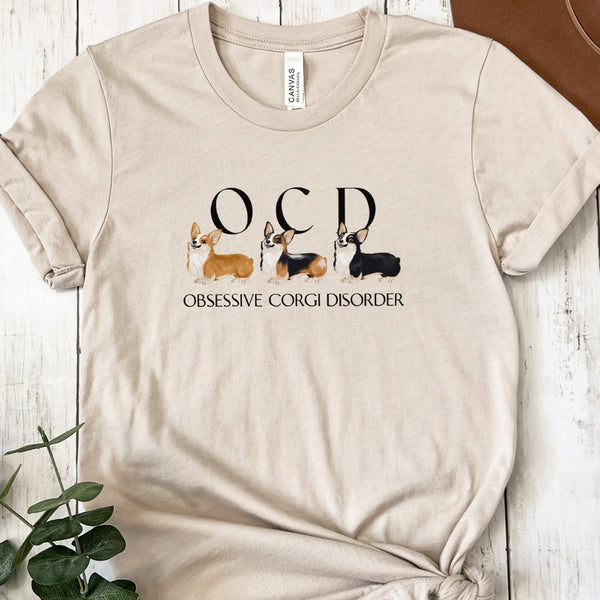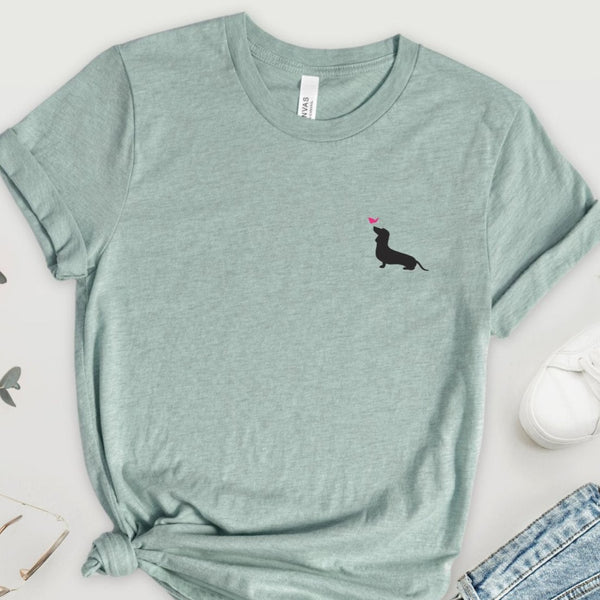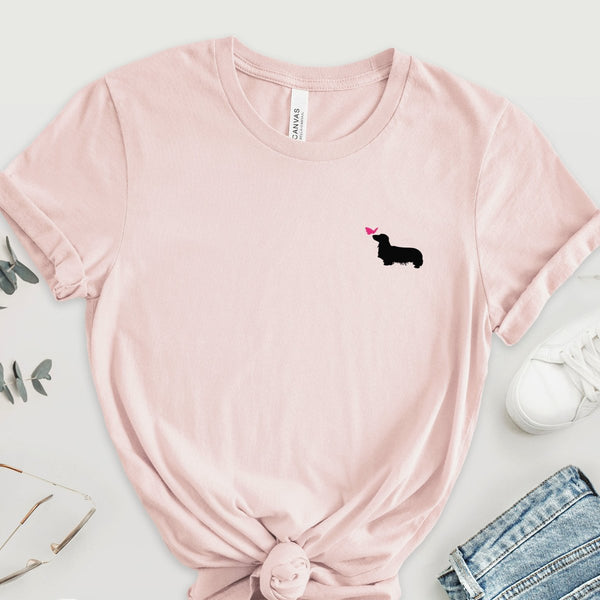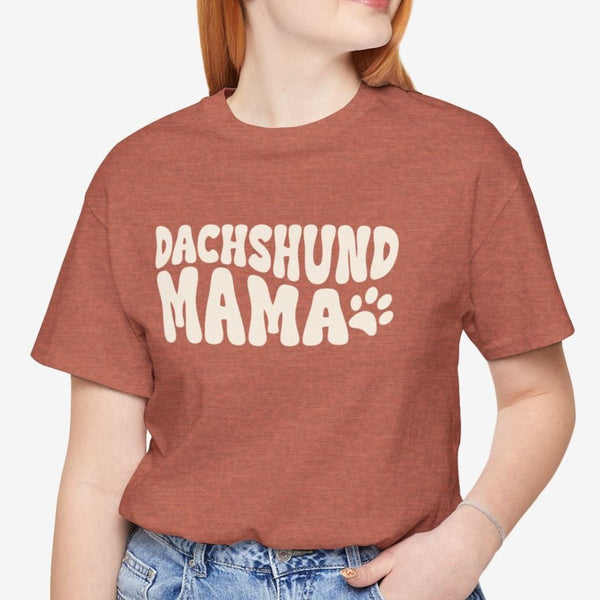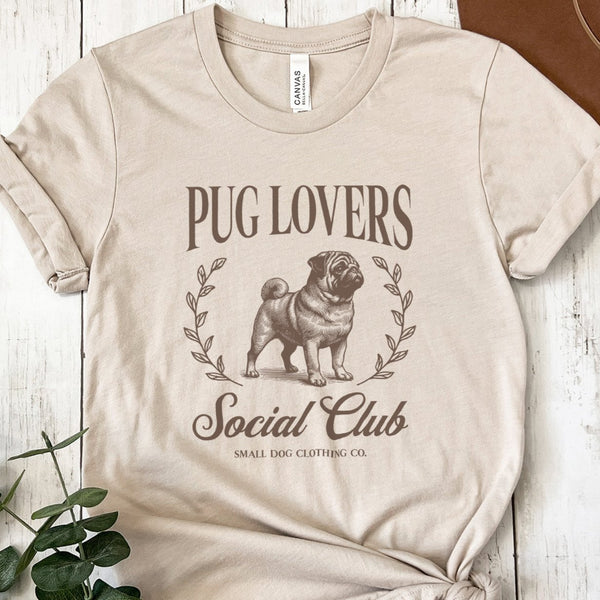Why Dogs Howl: Decoding Your Dog's Vocalizations
Posted by ROBERTO BURALLI
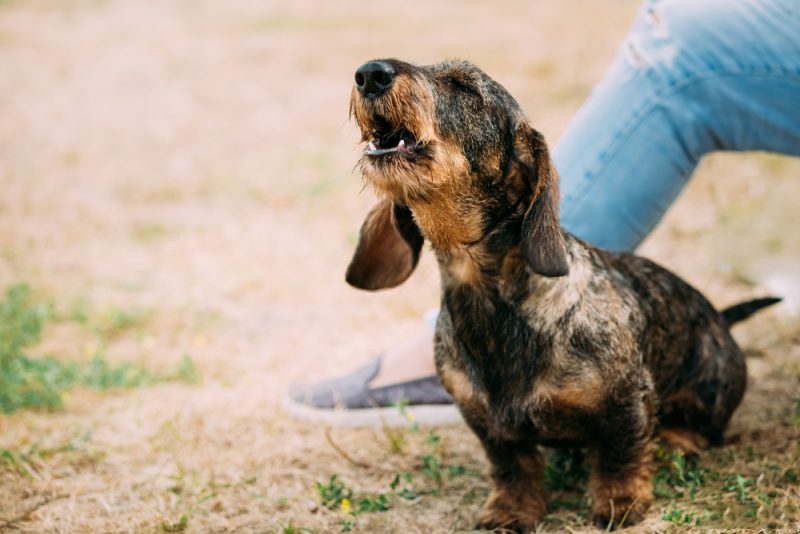
Have you ever wondered why your furry companion howls? Howling is a fascinating and instinctive behavior that dogs have inherited from their wild ancestors. While all dogs are capable of howling, certain breeds are more prone to this vocalization than others.
In this article, we'll explore the reasons behind howling, discuss when it might be a cause for concern, and highlight some of the dog breeds most known for their howling habits.
Howling Is Normal Canine Behaviour
It is normal for dogs to howl? Howling is a natural and instinctive behavior for many dogs. As descendants of wolves, dogs inherited certain vocalization tendencies, and howling is one of them. In the wild, wolves and other canines use howling as a means of communication with pack members over long distances.
Domestic dogs may howl for various reasons, including communication, expressing emotions, and responding to certain stimuli. It's important to note that the frequency and context of howling can vary among individual dogs and breeds. Some dogs howl more than others, and certain breeds are known for being more vocal.
While occasional howling is considered normal behavior, excessive or sudden howling could indicate an underlying issue, such as distress, anxiety, or health problems.
If a dog's howling becomes a concern or there are significant changes in their behavior, it's recommended to consult with a veterinarian or a professional dog behaviorist to rule out any potential issues and address the dog's specific needs.
Reasons For Dogs To Howl According To Dog Experts
Dogs howl for various reasons, and understanding these reasons can provide insights into their behavior. Dog experts suggest several common explanations for why dogs howl:
Communication
- Long-distance communication: Howling is a natural way for dogs to communicate over long distances. In the wild, it helps pack members locate each other.
- Expressing loneliness: Dogs may howl when left alone as a way to express their loneliness or anxiety.
Social Connection
- Pack mentality: Dogs have an inherent pack mentality, and howling can be a way to reinforce social bonds with their human family or other dogs.
- Response to sirens or other howling dogs: Dogs might howl in response to external stimuli, such as sirens, other dogs howling, or certain sounds that trigger their instincts.
Emotional Expression
- Expressing excitement or joy: Some dogs howl when they are excited or happy, like during playtime or when they see their owners after a period of separation.
- Expressing frustration or anxiety: Dogs may howl when they are anxious, frustrated, or stressed, signaling their emotional state.
Health Issues
- Pain or discomfort: Dogs may howl if they are in pain or experiencing discomfort due to illness or injury. It's important to rule out any potential health issues if a dog suddenly starts howling excessively.
Attention-Seeking
- Seeking attention: Dogs may howl to get attention from their owners. If they learn that howling leads to a response, they might use it as a way to communicate with humans.
Inherited Behavior
- Genetic predisposition: Some breeds are more prone to howling due to their genetic background. For example, certain hound breeds have a strong instinct to vocalize.
Environmental Factors
- Changes in environment: Changes in the environment, such as moving to a new home or experiencing unfamiliar sounds, can trigger howling as a response to the stress or excitement of the new situation.
Related post: 5 Peaceful Pint-Sized Pups: Calm Small Dogs That Rarely Bark

When to Pay Attention: Red Flags for Dog Owners
In general, occasional howling in dogs is a normal behavior and may not be a cause for immediate concern.
However, there are certain situations where dog owners should pay attention to their dog's howling and consider seeking advice from a veterinarian or a professional dog behaviorist:
Sudden or Excessive Howling
- If a dog that typically doesn't howl starts doing so excessively or suddenly, it may be a sign of an underlying issue, such as pain, anxiety, or distress.
Accompanying Behavioral Changes
- If howling is accompanied by other changes in behavior, such as lethargy, loss of appetite, aggression, or unusual vocalizations, it could indicate a problem that needs attention.
Health Issues
- Persistent howling, especially if it seems to be related to discomfort or pain, could be a sign of health problems. Dogs may vocalize when they are unwell or in pain.
Environmental Changes
- Dogs may howl in response to changes in their environment, such as moving to a new home or experiencing unfamiliar sounds. While this is a natural response, it's important to monitor the dog's adjustment and well-being.
Loneliness or Separation Anxiety
- Excessive howling when left alone may suggest separation anxiety or loneliness. Dogs are social animals, and prolonged periods of isolation can lead to distress.
Attention-Seeking Behavior
- If a dog learns that howling gets attention from their owner, they may use it as a way to seek interaction. While this is not necessarily a problem, it's essential to strike a balance and address the dog's needs appropriately.
If a dog owner is unsure about the reasons behind their dog's howling or if they are concerned about changes in behavior, consulting with a veterinarian is advisable.
A professional can help assess the situation, rule out any potential health issues, and provide guidance on managing or modifying the dog's behavior if necessary.

Breed-Specific Howling
Certain dog breeds are known for being more prone to howling due to their genetic heritage and instincts. Keep in mind that individual dogs within a breed may vary, and training and socialization can also influence behavior.
Here are some dog breeds that are often associated with a higher likelihood of howling:
Hound Breeds
- Beagle: Beagles are known for their strong sense of smell and vocal nature. They may howl or bay, especially when following a scent or expressing excitement.
- Bloodhound: Bloodhounds have an excellent sense of smell and may howl as part of their tracking behavior.
- Coonhound: Various coonhound breeds, such as the Treeing Walker Coonhound, are known for their distinctive howling, particularly during hunting.
Siberian Husky
- Siberian Huskies are a northern dog breed with a strong pack mentality. They are known for their expressive vocalizations, including howling.
Alaskan Malamute
- Similar to the Siberian Husky, Alaskan Malamutes may howl to communicate or express themselves.
Shetland Sheepdog
- Shelties may howl, and their vocalizations can vary depending on their personalities.
Bearded Collie
- Bearded Collies may express themselves with howling, particularly if they are feeling energetic or excited.
Basset Hound
- Basset Hounds are known for their deep, melodic howls. Their vocalizations are often associated with tracking scents.
German Shepherd
- German Shepherds may howl, especially if they are bored, or lonely, or if they hear certain sounds that trigger their instincts.
Sighthound Breeds
- Greyhound, Whippet, and Afghan Hound: Sighthounds may howl, and their vocalizations can be influenced by their prey drive and sensitivity to movement.
Related post: Small but Mighty: The Top 10 Small Guard Dog Breeds for Home Security
Conclusion
Howling is a natural and instinctive behavior that dogs have inherited from their wild ancestors. While certain breeds, such as hounds, huskies, and malamutes, are more prone to howling, every dog is unique and may vocalize differently.
As a dog owner, it's essential to understand the various reasons behind howling, such as communication, social connection, emotional expression, and inherited behavior.
By recognizing when howling might be a cause for concern, such as sudden or excessive howling accompanied by behavioral changes or health issues, you can ensure your furry friend receives the care and attention they need.
Remember, building a loving and understanding relationship with your dog that respects their instincts while fostering a harmonious coexistence is key to a happy and healthy life together.
SHARE:





